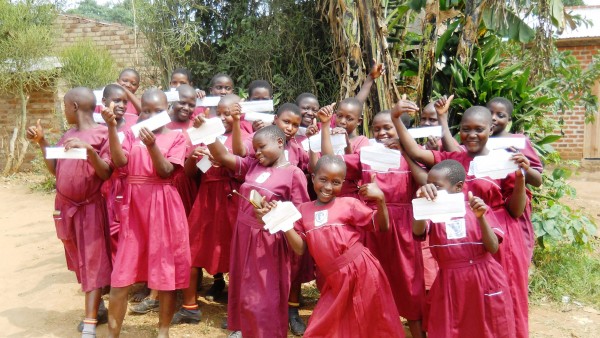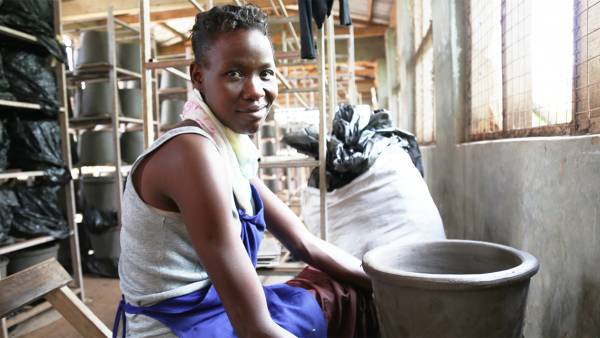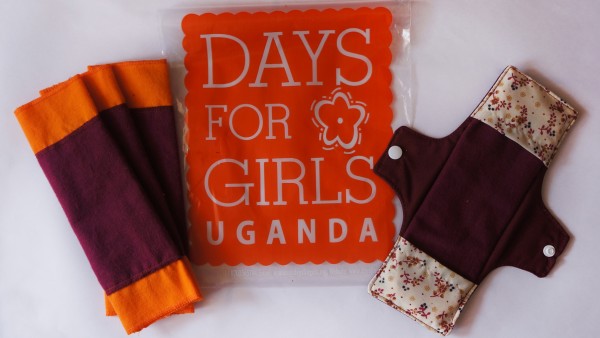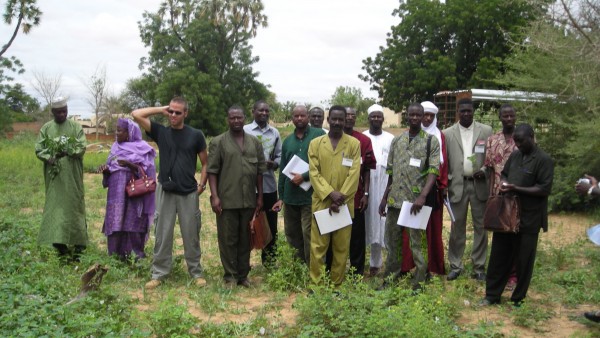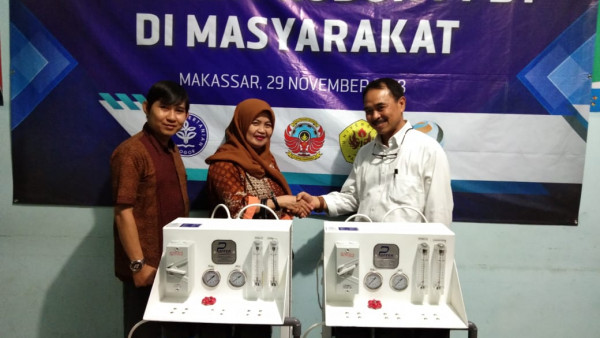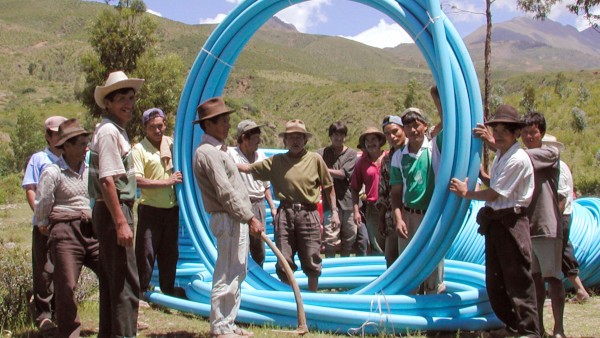Biocultural Protocols - Community Approaches to Access and Benefit SharingSecuring local communities’ customary use of natural resources and protecting their traditional knowledge



Indigenous peoples and local communities are the custodians of their natural resources and have a wealth of traditional knowledge about its management and uses. Yet communities are often marginalised in land use plans and suffer from the misappropriation of their knowledge. Natural Justice has initiated a new way of assisting indigenous and local communities to develop bio-cultural community protocols that help communities assert their rights to manage and use their natural resources. It also helps them regulate access to their traditional knowledge according to their values and customary laws and to protect their resources from unauthorised use. Bio-cultural community protocols help communities to articulate how they promote the conservation and sustainable use of biodiversity; and to set out for other stakeholders (such as researchers and commercial interests) how the law supports their continued management of their natural resources and protects against the misappropriation of their traditional knowledge. The development of bio-cultural community protocols constitutes a process of bio-cultural and legal empowerment within a community and provides space and time for collective thinking about new issues or emerging legal frameworks. The protocol itself puts other stakeholders on notice that the community knows its rights and has already self-determined the future management of its natural resources and traditional knowledge. Furthermore, bio-cultural protocols lead to livelihood improvement by securing communities’ rights to their natural resources and traditional knowledge. This provides them the basis upon which to use their natural resources for their own purposes, engage in bio-trade or enter into benefit-sharing agreements.
Partners
The ABS Capacity Development Initiative for Africa supports Natural Justice with African-based projects and facilitates the involvement in regional initiatives.
UNESCO is encouraging the bio-cultural approach in its biosphere reserves in Africa and Asia.
UNEP is supporting work in Asia and has provided funding for a book on bio-cultural community protocols, released at the 8th meeting of the Convention on Biological Diversity’s Working Groupon Access and Benefit Sharing.

